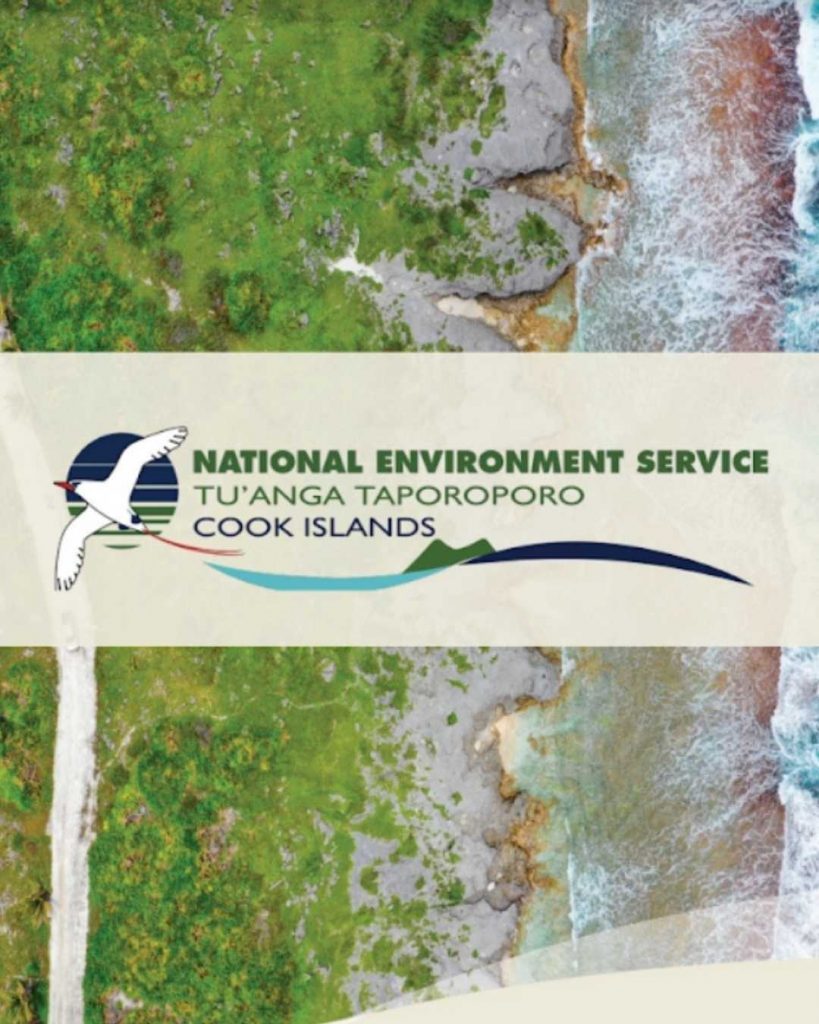The Government of Norway called key negotiators from a group of diverse countries, to exchange views and ideas on how to reach an agreement for the upcoming plastic treaty negotiations. Halatoa Fua, NES Director, was invited to join this small group of countries from Africa, Asia, Europe, North America, Latin America and Small Islands States. The meeting was held in Oslo from 17 to 18 March 2025.
The plastic treaty negotiators were short of reaching a treaty agreement in Busan last December 2024. The Chair adjourned the session to be held in Geneva this August 2025, labelled as the Intergovernmental Negotiation Committee (INC) 5.2, or the resume the fifth and final session. The negotiators were unable to reach an agreement due to principal disagreements on the scope of treaty. High ambition countries like the Cook Islands and the Pacific countries, would like a treaty that is focused on the full lifecycle of plastics, to include a production target and chemicals of concern in plastic products. Low ambition countries like some large plastic producing countries, dispute this scope by wanting to focus on plastic pollution management only. This opposing position by countries has stalled ability to reach an agreement under the United Nations Environment programme.
The meeting in Norway brought negotiators that are heads of delegations from key countries, to have informal discussions under chatham house rules, to have a common understanding of how an agreement can be met. On chemicals of concern, the group shared technical views on essential elements for the final text, scope for possible compromise, and how the elements can be sequenced from when an agreement is met to the first meeting of the conference of the parties. The group shared views on how chemicals of concern in plastic products should be assessed by the parties and why some low ambition countries do not want chemicals included in this treaty.
On the article on production, the group shared how this provision will help restrain unsustainable production of plastics that is expected to grow exponentially. While high ambition countries want this provision to help curb transboundary plastic pollution in oceans and waterways, low ambition countries are concerned about economic impact particularly on the petrochemical industry. The final article that the group discussed was on financial resources and mechanisms. The group discussed the obligations and functions of this article, and focused discussions on the type of instrument that parties will need. This includes a new multilateral fund, existing mechanisms such as GEF, and blended finance instruments.
Finally, the group discussed the organisation of work at INC-5.2, particularly on the draft decisions required for adoption at the diplomatic conference. Halatoa Fua stated ‘this roundtable kick started the deep dive discussions to prepare for the INC-5.2 negotiations. The pathway towards a treaty on plastic pollution that is effective and based on the full lifecycle of plastics, will be a difficult one given the divergence between member states on the scope of the treaty. However, all options should be on the table to ensure a strong level of ambition is reached.







